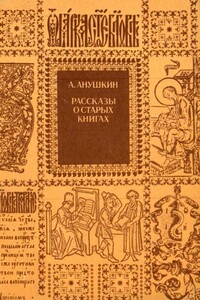century when powerful London merchants joined the wide scale activities of the royal power on the sale of secularized Church lands and monasteries' property.
In the 16>th century pastures, “fenced pastures”, and “farms” emerged in the structure of country real estate of men of business. Representatives of big merchant class tried to use lands to receive profit from the advanced in technical respect agriculture that was closely connected with the market and specialized on the delivery of wool for cloth making industry or on commodity production of grain, meat, cheese, milk and other products arranged on capitalist farms. Trying to receive new profits that could be, first of all, gained from sheep breeding, farmers-merchants joined fencing together with “new nobility”.
Thus, in the 16>th century men of business turned to be connected with new processes that took place in the English society and were able to adjust to new conditions and use them in their own interests.
Along with this we should mention such a tendency as ennoblement of London men of business, first of all, aldermen. Erecting palaces and buying estates, they were inclined to stress their growing social significance which reflects their values. Aldermen wanted to show nobleness of their kin. They bought family watches and coats of arms the image of which they placed on shields, clothes, valuable goblets, dishes and bowls. Besides, London aldermen and their relatives did not want to lag behind noblemen in luxury of their clothes, decoration of their houses and some elements of their behavior (for example, their liking for hunting). The tendency to ennoblement was seen in receiving the title of a knight by merchants, in dubbing them knight, which led not only to raising their social status but to expanding the class of “new nobility” with the richest and the most influential city dwellers.
However, we should not overestimate the degree of London business community ennoblement. Not all the merchants and their descendants, who had received noble titles and established noble families, completely broke ties with the city economy. In such a dynamic society as London's, the borders between different classes were rather vague and the same families had the possibilities to move from one class to another not once. All the more so, that nobility in England was not a closed hereditary class with rights and privileges recorded by law and separated from other social groups. Access to it was not only open but obligatory for free men who had a certain income. The fact of being noble by birth was not so important as on the continent.
* * *





